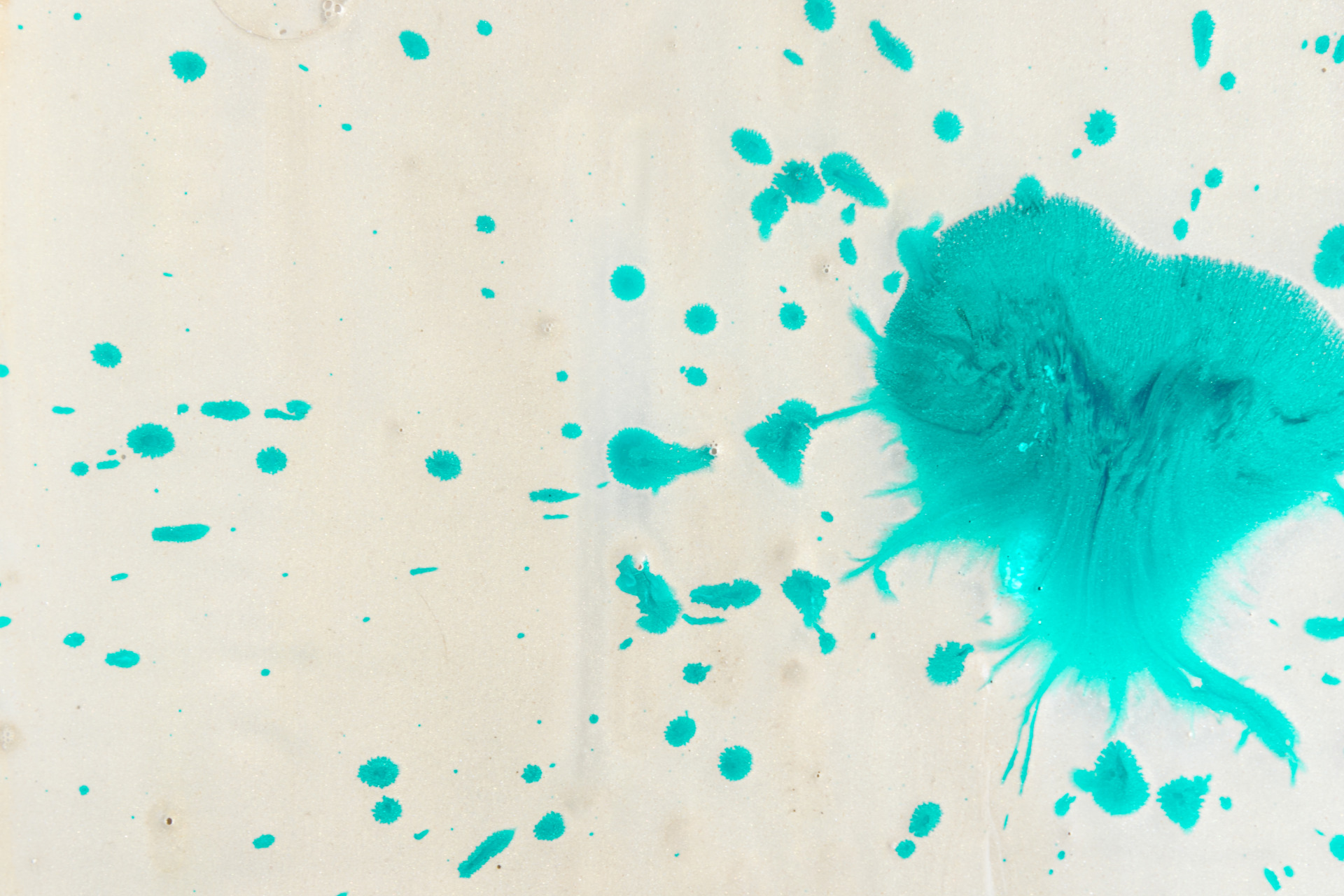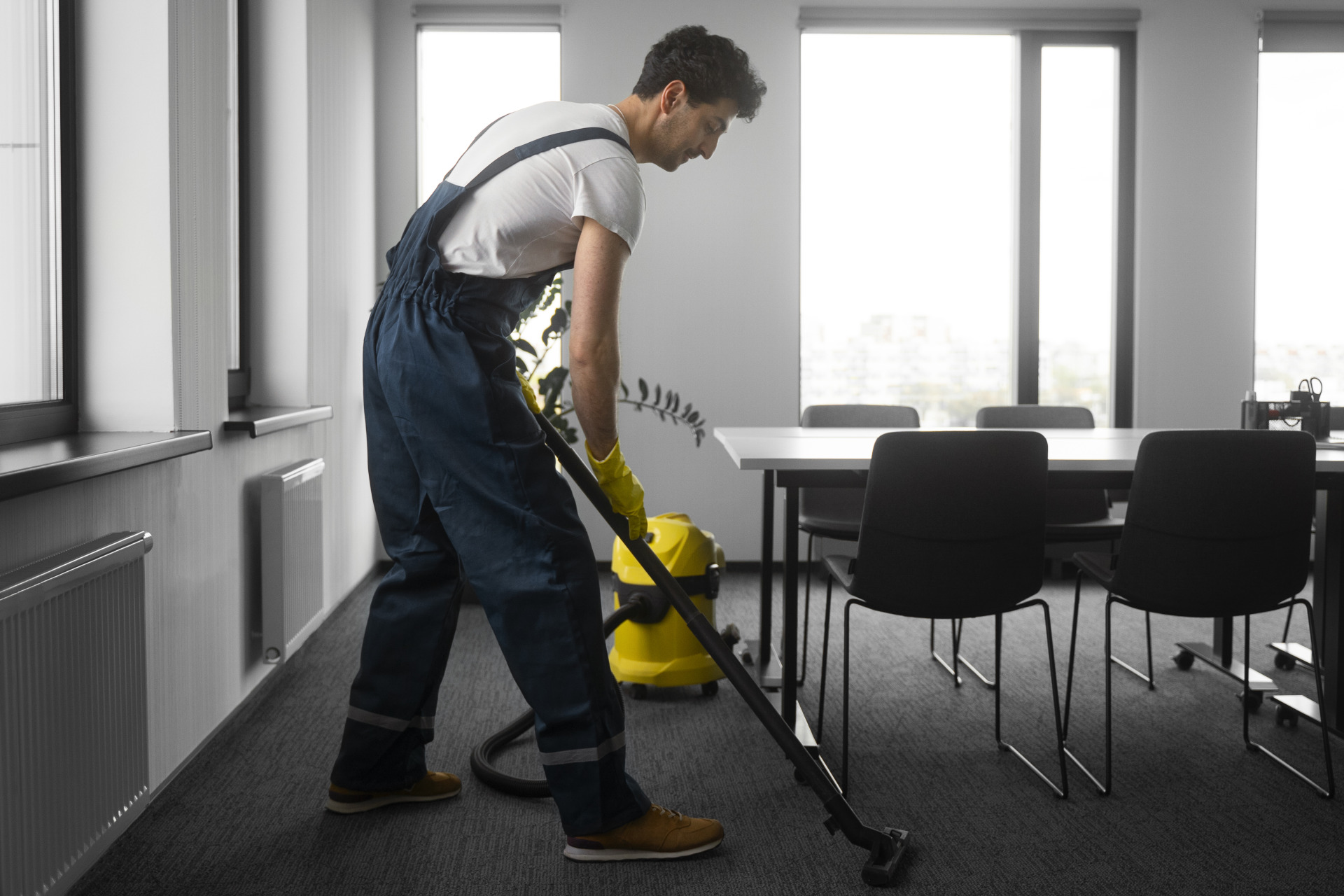Introduction
Maintaining a clean and organized workplace is essential for the well-being and productivity of employees. Unfortunately, some businesses underestimate the importance of regular cleaning and neglect the cleanliness of their work environment.
However, failing to clean your workplace can have severe consequences, both for the health and safety of employees and the overall success of the business. In this blog, we will explore the dangers of not cleaning your workplace and highlight the potential risks associated with a dirty and unhygienic environment.
By understanding these dangers, businesses can prioritize cleaning practices and create a safe and healthy workspace for their employees.
Health Hazards
One of the most significant dangers of not cleaning your workplace is the increased risk of health hazards.
A dirty environment can harbor bacteria, viruses, allergens, and other harmful microorganisms that can spread diseases among employees. Dust accumulation can trigger respiratory issues and allergies, causing discomfort and reduced productivity.
Unclean surfaces, such as doorknobs, keyboards, and communal areas, become breeding grounds for germs, facilitating the transmission of illnesses. Failure to maintain clean restrooms can also contribute to the spread of gastrointestinal infections.
Slip and Fall Accidents

A cluttered and dirty workplace can significantly increase the risk of slip and fall accidents.
Accumulated debris, spills, or poorly maintained floors create hazards that can cause employees to slip, resulting in injuries. Cluttered walkways and obstructed emergency exits can impede swift evacuation during emergencies, further compromising employee safety.
Failing to address these issues promptly not only puts employees at risk but also exposes businesses to potential liability claims and financial repercussions.
Fire Hazards

Neglecting proper cleaning and maintenance practices can contribute to fire hazards in the workplace. Accumulated dust, debris, and flammable materials can easily ignite in the event of a fire, leading to a more rapid spread and increased severity of the fire.
Blocked ventilation systems and improperly stored chemicals or combustible materials further exacerbate the risk.
Regular cleaning, dusting, and proper storage and disposal of flammable substances are crucial to minimizing fire hazards and ensuring a safer work environment.
Decline in Indoor Air Quality
Poor cleanliness practices can result in a decline in indoor air quality, which can have detrimental effects on the well-being and comfort of employees.
Accumulated dust, mold, and other airborne particles can circulate in the air, leading to respiratory issues, allergies, and a general feeling of discomfort. This can result in decreased productivity, increased absenteeism, and employee dissatisfaction.
Moreover, poor indoor air quality can have long-term health consequences, especially for employees with pre-existing respiratory conditions or sensitivities.
Negative Impact on Employee Morale and Productivity

A dirty and unkempt workplace can have a negative impact on employee morale and productivity. Employees who work in a cluttered and dirty environment are likely to feel demotivated and less engaged.
The physical environment can influence the psychological well-being of employees, and a disorganized and dirty workspace can create a sense of chaos and stress. It can also convey a lack of care and respect for employees, leading to a decline in their commitment to the organization.
On the other hand, a clean and well-maintained workplace promotes a sense of pride, boosts morale, and enhances productivity.
Damage to Equipment and Assets
Failing to clean and maintain equipment and assets properly can result in their deterioration and premature damage. Accumulated dust and debris can clog machinery and affect its performance, leading to costly repairs or replacements.
Unclean work surfaces and improper handling of equipment can also contribute to scratches, stains, and damage. Neglecting routine cleaning and maintenance practices not only reduces the lifespan of valuable assets but also affects the overall efficiency and productivity of the business.
Legal and Regulatory Compliance
Neglecting to clean your workplace can also lead to legal and regulatory compliance issues. Various government agencies and industry-specific regulations mandate certain cleanliness standards and requirements for workplaces.
Failure to adhere to these regulations can result in fines, penalties, or even legal actions. For example, food establishments must meet strict cleanliness standards to ensure food safety and prevent the spread of foodborne illnesses.
Similarly, industries such as healthcare, manufacturing, and hospitality have specific cleanliness and sanitation guidelines that must be followed to maintain a safe working environment.
By neglecting cleaning practices, businesses risk violating these regulations, which can have severe consequences for their reputation, operations, and finances.
Pest Infestations

A dirty workplace becomes an inviting environment for pests such as rodents, insects, and pests. Accumulated food debris, unemptied trash, and improper waste disposal attract these unwanted visitors. Pest infestations not only pose health risks but can also damage property, equipment, and inventory.
Additionally, the presence of pests can create a negative impression on clients, visitors, and employees. Investing in regular cleaning and implementing preventive measures, such as sealing entry points, proper waste management, and routine pest control, is essential in keeping pests at bay and maintaining a clean and pest-free workplace.
Professional Image and Reputation
The cleanliness of your workplace reflects your professionalism and attention to detail. A dirty and disorganized workspace can create a negative perception among clients, customers, and visitors. It may convey a lack of professionalism, care, and quality in your business operations.
On the other hand, a clean and well-maintained workplace leaves a positive impression, instills confidence, and enhances your professional image.
It demonstrates your commitment to providing a safe and welcoming environment for your employees and customers alike. A clean workplace contributes to a positive reputation, which can be a competitive advantage and attract more clients, customers, and business opportunities.
Employee Satisfaction and Retention

The cleanliness of the workplace directly impacts employee satisfaction and retention. Employees spend a significant amount of time in the workplace, and a clean and hygienic environment contributes to their overall well-being and comfort.
When employees feel valued and cared for, their job satisfaction increases, leading to higher productivity, engagement, and loyalty. A dirty workplace, on the other hand, can create dissatisfaction and contribute to employee stress and health issues.
It may also lead to higher employee turnover as individuals seek cleaner and more conducive work environments.
By prioritizing cleanliness, businesses can create a positive work environment that fosters employee satisfaction, retention, and long-term success.
Conclusion
The dangers of not cleaning your workplace are numerous and can have far-reaching consequences. From legal compliance and pest infestations to the professional image, employee satisfaction, and overall productivity, neglecting cleaning practices puts your business at risk.
It is crucial to prioritize cleanliness, implement regular cleaning protocols, and foster a culture of cleanliness and hygiene.
By doing so, businesses can create a safe, healthy, and inviting work environment that supports employee well-being, enhances professional image, and ensures compliance with regulations. Ultimately, a clean workplace contributes to the overall success and longevity of the business.







